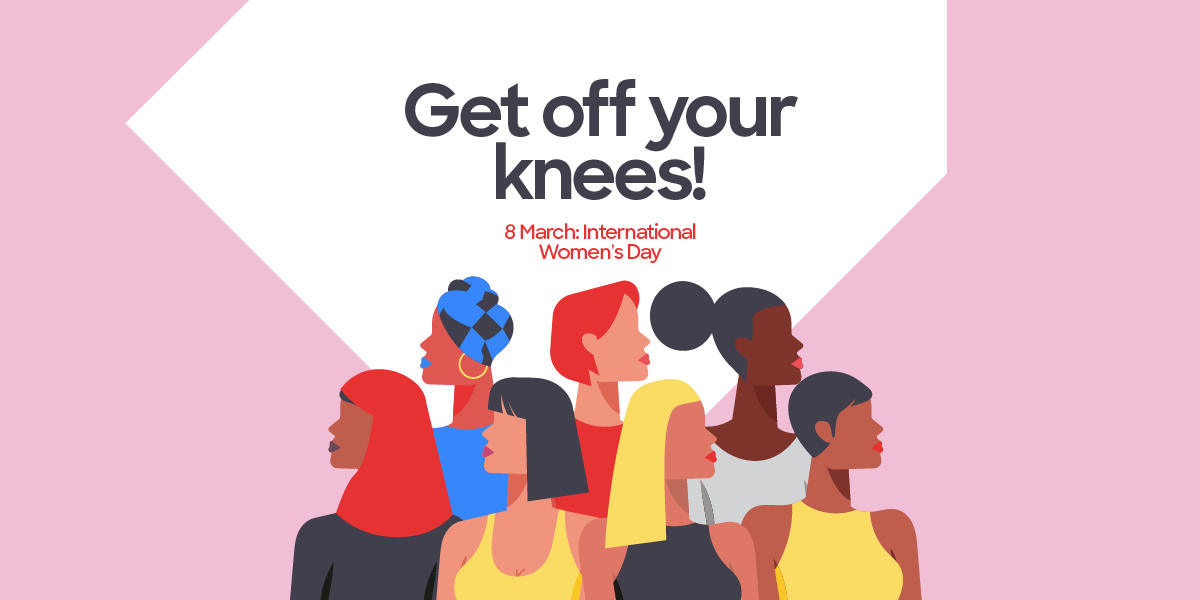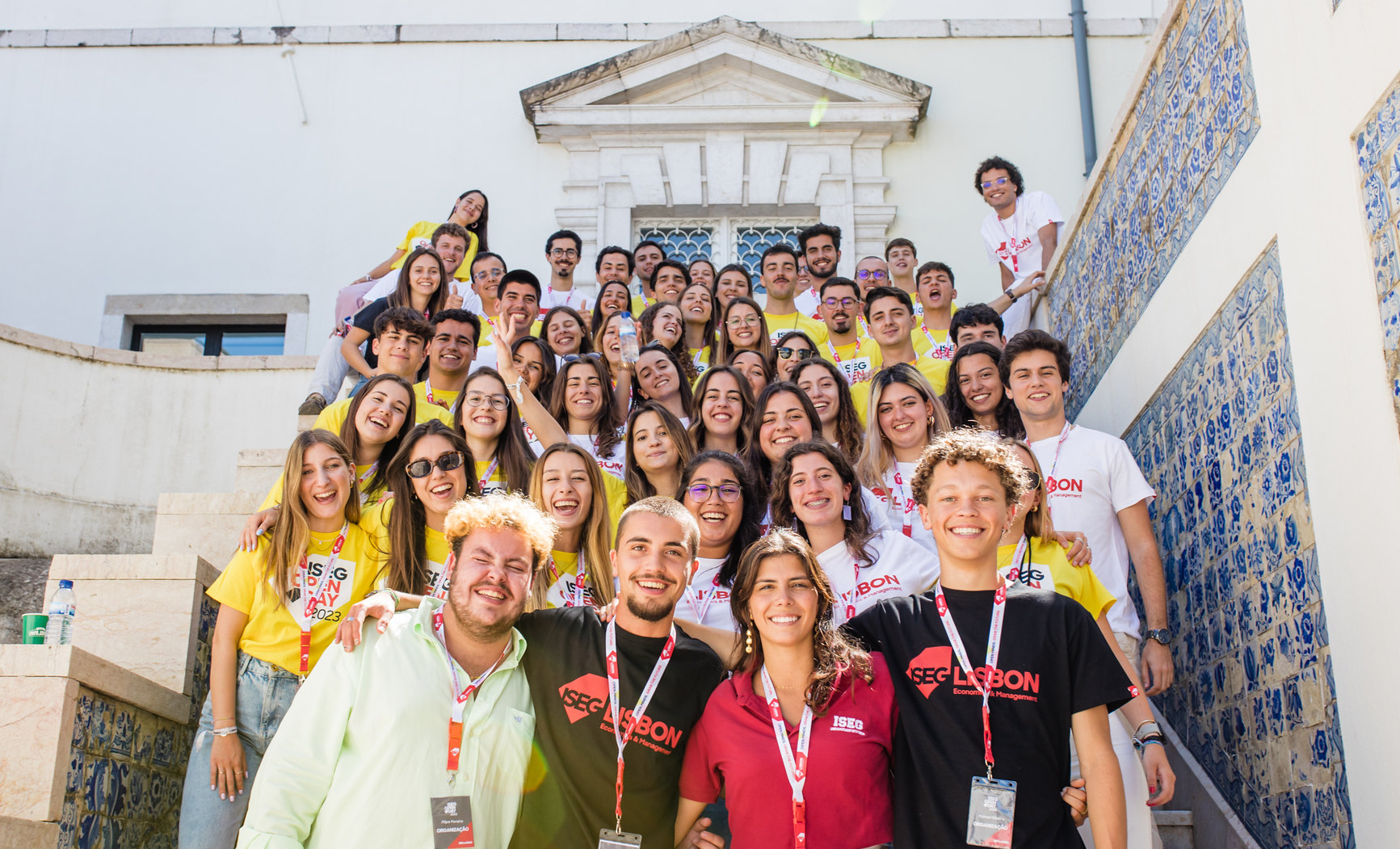In 1911, two months after the birth of our School, a terrible fire at the fabric factory in New York “Triangle Shirtwaist”, decimated 23 men and 123 women who worked there. The speed and voracity of the flames, combined with the practice of locking the doors of the facilities to inhibit work stops during the working day, transformed the building where those workers earned their bread into an immense and horrific bonfire. They worked like men, but earned significantly less. Consciences could not remain inactive.
On March 8, 1917, a day of struggle in Saint Petersburg brought to the streets, in demonstration, a crowd of Russian women who demanded bread, better living conditions and Russia's exit from World War I.
Women's fight for equality is not a left or right flag. It's from humanity. In Portugal, leftist parties in the 1st republic were against women's right to vote because they feared its manipulation by the church. Doctor Beatriz Ângelo was the first woman to vote in Portugal after having litigated and won in court showing that she had, under the law, electoral capacity. This was followed by the explicit and shameful loss of the right to vote by Portuguese women with the approval, by the revolutionaries of the time, of the electoral code of 1913.
Today we continue to celebrate International Women's Day. We do not celebrate International Men's Day. This should already explain why. After all, women, and not only that, still continue to demand, justifiably, that they be treated as human beings without their gender being a factor of discrimination in the places where it is relevant, namely in access to education, access to the labor market, in the access to remuneration, access to decision-making posts, access to government posts, access to active and passive electoral capacity, access to leisure, access to showing their face, etc.
And the hardest thing to understand is how it is that so many years have passed since the beginning of this struggle, we continue to read statistics that show us that inequality persists. Worse, we even see societies that have regressed in the path of equal treatment of women.
And if they think that this reality is far from us, they are wrong. Unfortunately, even today, ISEG welcomes young female students who flee countries where their treatment and access to education is outrageously denied, or who desperately try to prolong their connection to the School to avoid repatriation.
I know that the fight against discrimination is done with discrimination. We have to force the course of events to accelerate the path of dignifying women or other genders. And for that reason, running the risk of being accused of discriminating against a part of my teaching colleagues, non-teaching staff or students, and taking advantage of the new digital age, I symbolically offer all the women in our ISEG universe two imaginary carnations: a white and another red one, the colors of our flag and of the faculties of economics and management. Red, which reminds us of the blood spilled by those who fought for fair equality of rights, but which alerts us to the fair fight that continues to be fought by all on this path. White because it symbolizes peace, the light that illuminates the right path and that we want to follow, for that equality, and the peaceful but firm way of achieving it.
Finally, carnations, because they are a flower that means, in most cultures, good luck and the ability to attract blessings and victories.
May we use this day to alert ourselves to the situations of inequality that persist in our society, not only in terms of the female gender, but extending it to other genders or other aspects. Rest assured!
João Duque,
Chair
ISEG – Lisbon School of Economics & Management
Universidade de Lisboa












